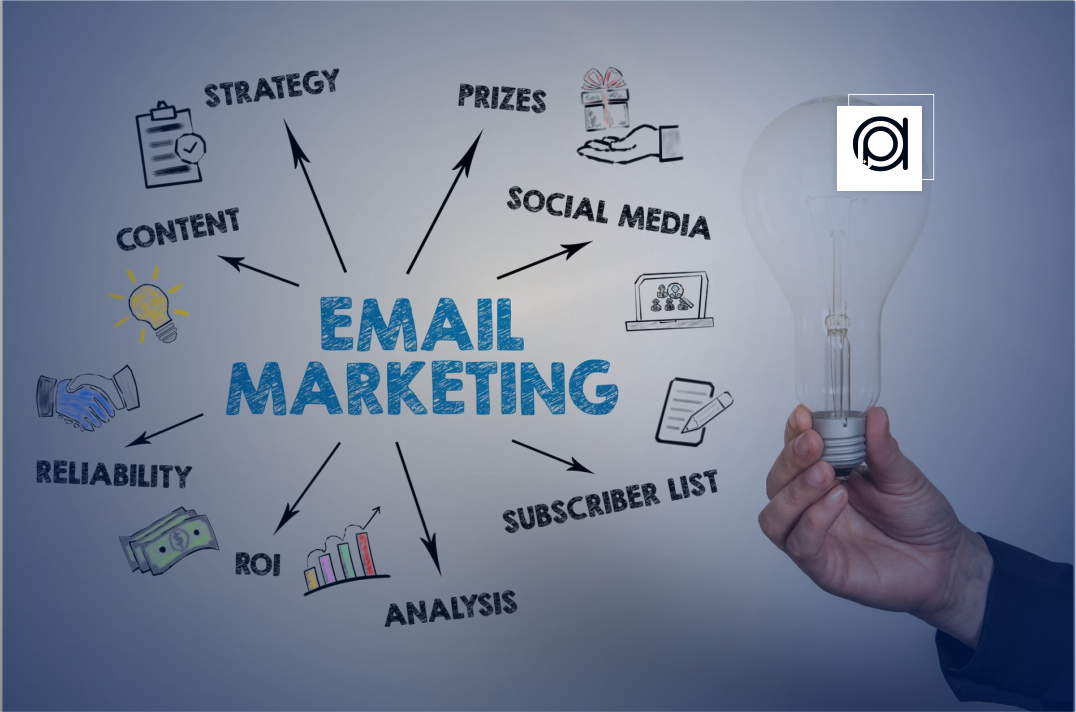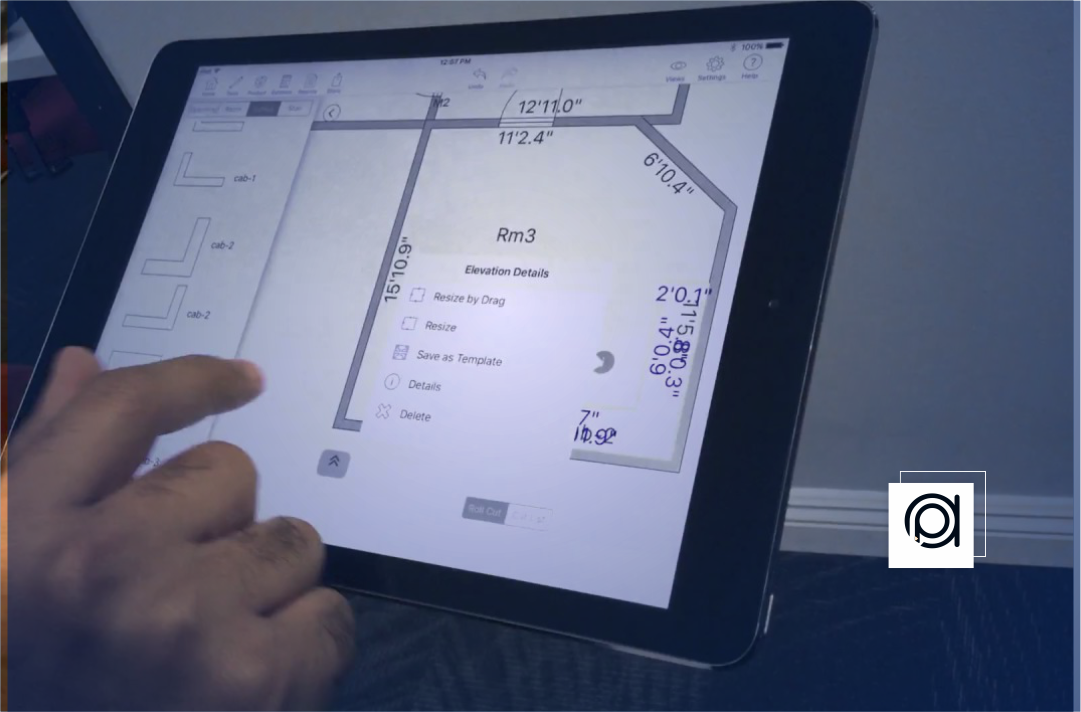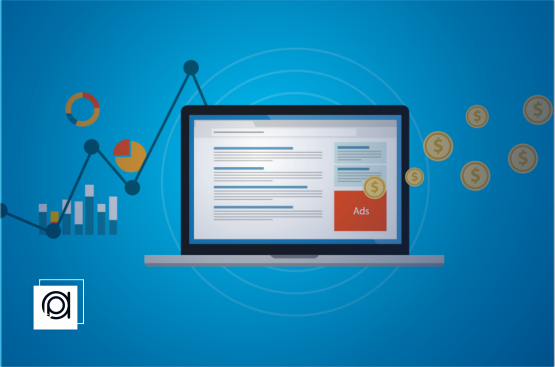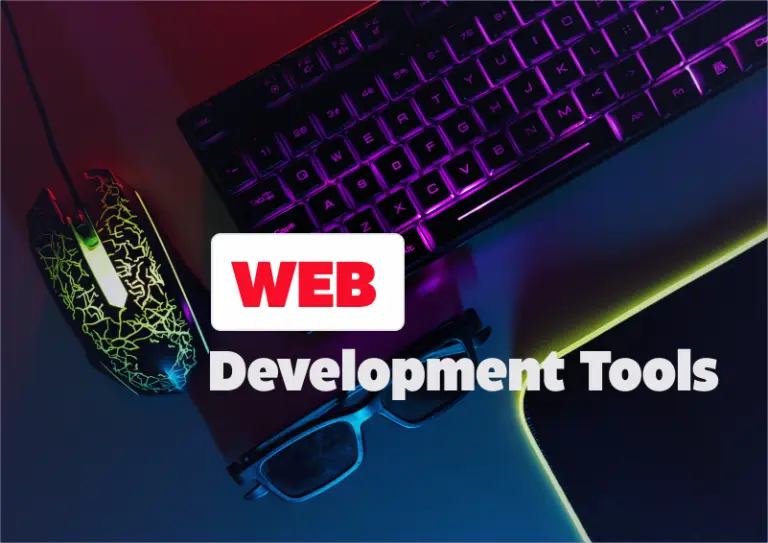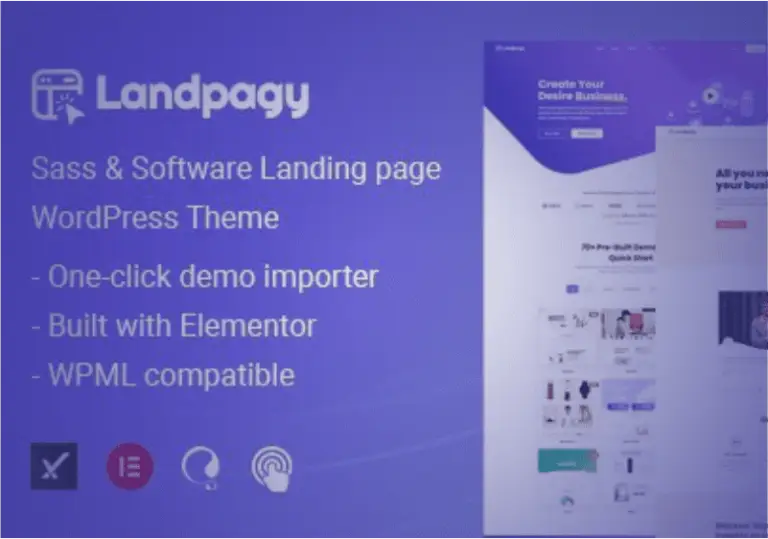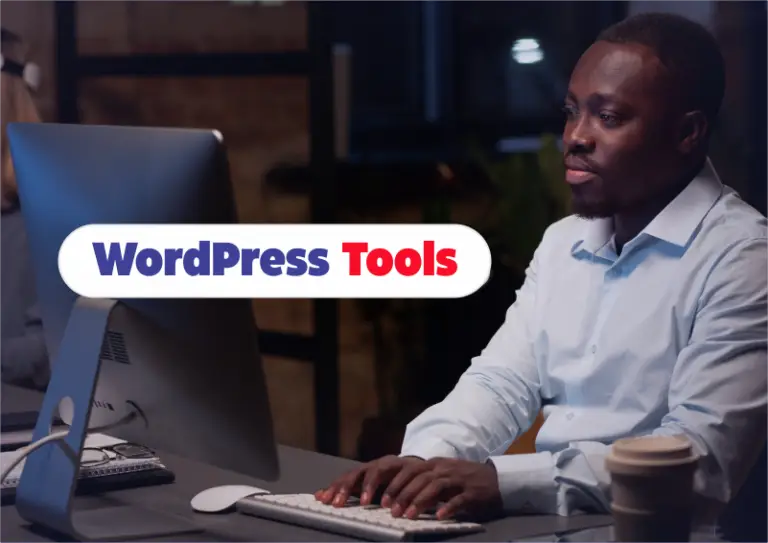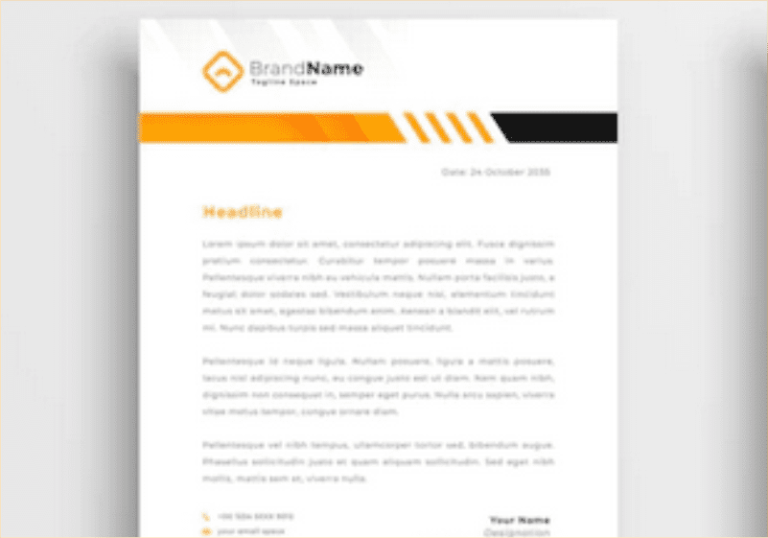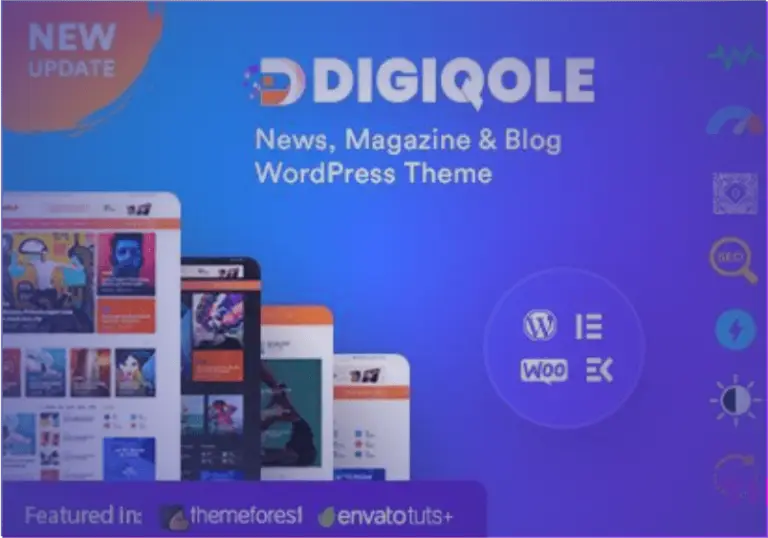Advantages Of Project Management Tools
2024 will see a fast changing corporate environment, making efficient project management more important than ever. Due to the growing complexity and size of projects, solutions that can manage complicated assignments, heterogeneous teams, and short deadlines are required. In response to these expectations, project management technologies have developed dramatically, giving organizations the tools they need to improve productivity, teamwork, and project success as a whole.
The many benefits of project management tools in 2024 are explored in detail in this article, including superior analytics, real-time tracking, better resource management, more collaboration, and integration options.
What are Project Management Tools?
Project Management Tools are software programs that assist project managers and teams in planning, executing, and monitoring all aspects of a project. These technologies give a formal framework for managing activities, resources, timeframes, budgets, and communication, allowing teams to work more effectively and efficiently towards project goals.
Project Management Tools are critical for modern enterprises to handle the growing complexity and volume of projects. They offer a complete set of tools that assist all stages of a project, from planning and execution to monitoring and reporting. Organizations that use these technologies can increase productivity, improve cooperation, and produce better project outcomes. Whether handling minor jobs or large-scale efforts, project management tools are essential for completing projects on schedule, within budget, and to the appropriate quality standards.
Advantages Of Project Management Tools
Project Management Tools are necessary for modern enterprises to handle project complexity and size. They offer a complete set of tools that assist with every stage of a project, from planning and execution to monitoring and reporting. Organizations may increase productivity, cooperation, and project success by using these technologies.

Seamless Team Interaction
One of the most significant advantages of modern project management tools is their ability to facilitate seamless team interaction. Tools like Asana, Trello, and Microsoft Project offer platforms where team members can communicate in real-time, share updates, and collaborate on tasks. This fosters a collaborative environment where team members can work together more efficiently, irrespective of their geographical locations.
Centralized Communication Channels
These tools often include integrated communication features such as chat functions, discussion boards, and video conferencing. By centralizing communication, project management tools help to eliminate the silos that can hinder project progress. Team members no longer need to switch between multiple platforms to communicate, leading to fewer missed messages and more coherent project discussions.
Efficient Resource Allocation
Resource management is a critical aspect of successful project execution. Modern project management tools provide advanced features for resource allocation, ensuring that the right resources are assigned to the right tasks. Tools like Smartsheet and Monday.com offer resource management modules that allow project managers to visualize resource allocation, identify bottlenecks, and redistribute resources as needed to maintain project timelines.
Optimized Workloads
With the ability to track workloads and resource availability, project management tools help prevent employee burnout and underutilization. They provide insights into each team member’s workload, allowing project managers to balance tasks effectively and ensure that no one is overburdened. This not only improves productivity but also enhances employee satisfaction and retention.
Up-to-the-Minute Project Status
One of the standout features of modern project management tools is real-time tracking. These tools enable project managers and stakeholders to monitor the progress of tasks and projects as they happen. Platforms like Jira and Basecamp provide real-time dashboards that display the status of tasks, milestones, and deliverables, allowing for timely interventions and adjustments.
Comprehensive Reporting
Project management tools come equipped with advanced reporting capabilities that provide detailed insights into project performance. These reports can be customized to show various metrics such as task completion rates, budget adherence, and timeline progress. Such comprehensive reporting aids in making informed decisions and keeping stakeholders updated with accurate data.

Data-Driven Decision Making
In 2024, project management tools leverage artificial intelligence (AI) and machine learning (ML) to offer advanced analytics and predictive insights. Tools like Wrike and Zoho Projects utilize AI algorithms to analyze past project data and predict future trends. This enables project managers to make data-driven decisions, forecast potential risks, and devise strategies to mitigate them.
Predictive Risk Management
The predictive capabilities of modern project management tools extend to risk management. By analyzing historical data and current project parameters, these tools can identify potential risks before they become critical issues. This proactive approach to risk management allows project teams to implement preventive measures, reducing the likelihood of project delays and cost overruns.
Seamless Integration with Other Tools
In today’s interconnected digital ecosystem, the ability to integrate various software tools is paramount. Modern project management tools offer extensive integration capabilities with other business applications such as Customer Relationship Management (CRM) systems, Enterprise Resource Planning (ERP) systems, and communication tools. For example, Trello and Asana integrate seamlessly with Slack, Google Drive, and Salesforce, among others.
Streamlined Workflow Automation
Integration capabilities also enable workflow automation, which is crucial for enhancing efficiency. Project management tools can automate repetitive tasks such as status updates, task assignments, and progress reports. This automation saves time, reduces the risk of human error, and ensures that project teams can focus on more strategic activities.
Customizable Features and Workflows
Project management tools provide customizable features and workflows that can be adapted to fit the unique requirements of different projects and industries. Customization options may include personalized dashboards, task templates, and workflow automations. This flexibility ensures that project management tools can be aligned with specific business processes, enhancing their effectiveness and user adoption.

Robust Security Measures
With the increasing reliance on digital tools, security has become a top priority. Modern project management tools implement robust security measures to protect sensitive project data. Features such as multi-factor authentication, encryption, and regular security audits ensure that project information remains secure from unauthorized access and cyber threats.
Reduction in Operational Costs
Implementing project management tools can lead to significant cost savings by streamlining project processes and improving efficiency. Automation of repetitive tasks reduces the need for manual labor, while real-time tracking and reporting help to minimize project delays and budget overruns. Over time, these efficiencies can translate into substantial cost reductions.
Better Budget Management
Project management tools provide detailed financial tracking features that help project managers monitor expenses and stay within budget. By keeping track of expenditures and forecasting future costs, these tools enable better budget management and financial planning. This ensures that projects are completed within their allocated budgets, enhancing overall financial performance.
Better Client Communication
Effective client communication is crucial for maintaining strong relationships and ensuring project success. Project management tools facilitate better client communication by providing clients with access to project updates, progress reports, and collaboration platforms. This transparency keeps clients informed and involved, enhancing their satisfaction and trust.
On-Time Delivery
The efficiency and organization provided by project management tools contribute significantly to the timely delivery of projects. By ensuring that tasks are completed on schedule and resources are optimally utilized, these tools help businesses meet their deadlines and deliver high-quality results to their clients. On-time delivery is a key factor in client satisfaction and repeat business.
Conclusion
Project management technologies have developed into vital resources for companies attempting to handle the complexity of contemporary project management in 2024. They have game-changing benefits, including better resource management, real-time tracking, and sophisticated analytics, as well as increased cooperation and communication. These solutions offer the scalability, security, and flexibility required to satisfy a variety of project demands in addition to streamlining project procedures and improving productivity.
Through the utilization of contemporary project management solutions, enterprises may attain heightened levels of responsibility, openness, and customer contentment, consequently propelling prosperity in a progressively cutthroat environment. The future of project management will surely be greatly shaped by the role that project management tools play, especially as technology develops further.





